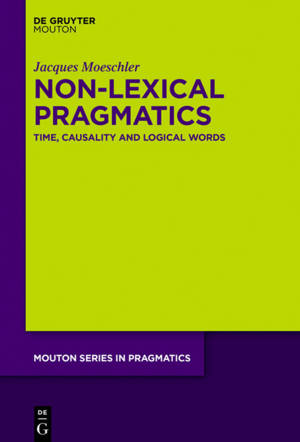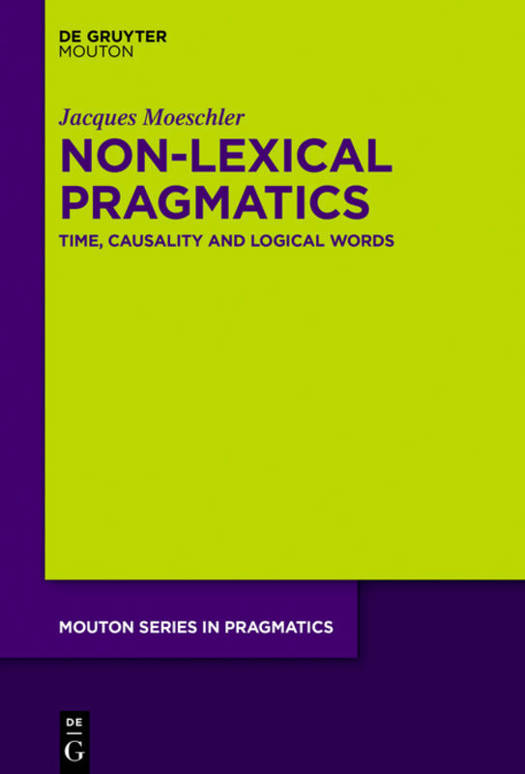
- Afhalen na 1 uur in een winkel met voorraad
- Gratis thuislevering in België vanaf € 30
- Ruim aanbod met 7 miljoen producten
- Afhalen na 1 uur in een winkel met voorraad
- Gratis thuislevering in België vanaf € 30
- Ruim aanbod met 7 miljoen producten
Zoeken
Omschrijving
This book presents both general issues in pragmatic theories and specific arguments for an inferential approach to pragmatics. At the present time, pragmatics is generally approached from the neo- and post-Gricean perspectives. These perspectives, which stem from philosophical theories of meaning, can be viewed as paradigms, that is, sets of concepts, procedures and results which structure scientific investigations. The main purpose of the book is to defend a new post-Gricean approach to the substantial lexicon and to the functional lexicon (tenses, connectives), and more specifically to explore lexical and non-lexical pragmatics. A precise approach to lexical and non-lexical pragmatic contents will be developed, with special emphasis on non-lexical temporal and causal information. A model for inferring temporal relations in discourse (the directional inferences model based on French data) is developed. This approach to temporal representations and inferences will be completed by a discussion on how causal inferences are triggered in discourse interpretation. The role of conceptual causal relations, as well as causal procedural information encoded in discourse connectives (mainly parce que 'because', donc 'therefore', et 'and'), is empirically and theoretically supported. Pragmatic theory can be described as a very powerful interface system which gives access to lexical and functional information, and which contains rich pragmatic enrichment processes, for non-lexical information (quantifier, tenses, connectives) as well as for lexical information (event predicates). The book's originality stems from its demonstration that pragmatic enrichment is structurally constrained, and occurs at the level of explicature.
Specificaties
Betrokkenen
- Auteur(s):
- Uitgeverij:
Inhoud
- Aantal bladzijden:
- 293
- Taal:
- Engels
- Reeks:
- Reeksnummer:
- nr. 23
Eigenschappen
- Productcode (EAN):
- 9783110218480
- Verschijningsdatum:
- 2/12/2019
- Uitvoering:
- Hardcover
- Formaat:
- Genaaid
- Afmetingen:
- 156 mm x 234 mm
- Gewicht:
- 630 g

Alleen bij Standaard Boekhandel
+ 275 punten op je klantenkaart van Standaard Boekhandel
Beoordelingen
We publiceren alleen reviews die voldoen aan de voorwaarden voor reviews. Bekijk onze voorwaarden voor reviews.











